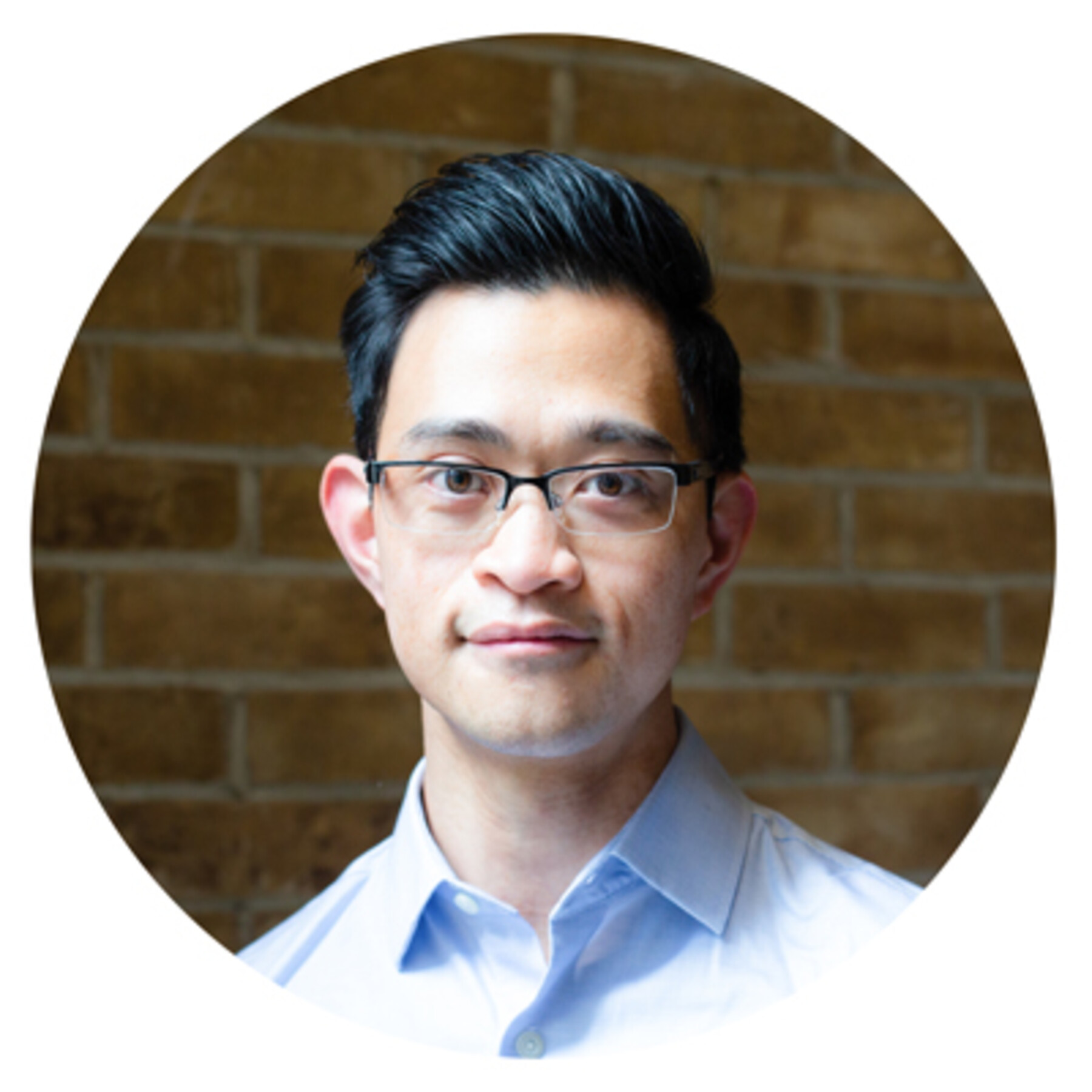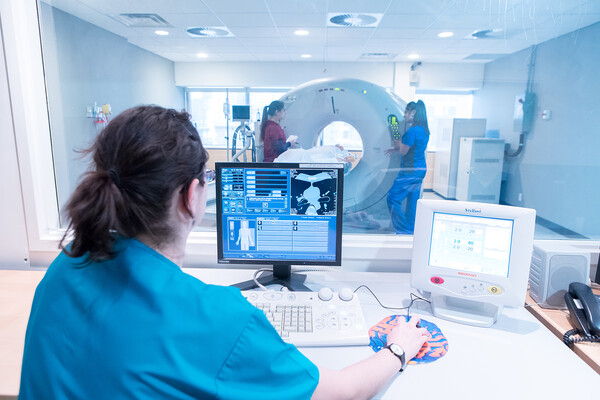Graduate Profile - Derek Lo

Derek Lo, Medical Radiation Technologist in CT and Radiography
MRS Class of 2019 - Radiological Technology
What did you study before joining the MRS program?
I completed my Honours Bachelor of Science in Neuroscience and Human Biology at the University of Toronto prior to entering the MRS program. Having built a solid foundation in anatomy and physiology, it helped me excel in the MRS program. My interest in the MRT profession started when I saw a CT scan of a patient while volunteering at a hospital for the first time. Another area that interests me is interventional radiology. MRTs assist Interventional Radiologists with a range of minimally invasive procedures, such as treating vascular diseases, using small needles, wires and catheters with image guidance. This sparked my interest as it combines my undergraduate background and the use of emerging technology within healthcare.
How did the MRS program prepare you for success?
The combination of classroom learning, simulated hands-on labs and clinical experience drew me to the MRS program. A strong understanding of the material is crucial as it builds upon itself throughout the program. The professors are approachable and they ensure your knowledge transitions from theory to the simulated labs in preparation for your clinical placement. Interprofessional education (IPE) is a unique and interactive component of the program that provided me with an early exposure and understanding of various healthcare professions. These sessions were valuable to me because I gained insight into the collaboration within healthcare and also offered opportunities for me to enroll in elective sessions that furthered my knowledge on various novel healthcare topics.
Being able to carry out a research project in a clinical setting was an amazing experience! I worked on a project focused on image quality of CT simulation and metal artifact reduction with Dr. Daria Comsa and Dr. Douglas Moseley at Stronach Regional Cancer Centre. Being similar to a diagnostic CT scanner, I was able to expand my knowledge on the intricacies of its role in radiation therapy. I also worked with a linear accelerator which I would not be able to as a radiographer and learned new skills, such as 3-D printing, to create in-house imaging phantoms. At the conclusion of the course, I was able to share the project through platform presentations at Michener’s Wavelengths and RTi3 conferences. I am glad I took on this opportunity during my clinical placement. I gained valuable skills in research methodology and analysis that I will use in future research projects!
What is the most rewarding part of being an MRT?
The imaging department is a fast-paced environment and some days can be very exhausting. However, imaging plays a critical role in the care of a range of patients from those requiring urgent care to follow-up imaging for admitted patients. The most rewarding aspect of being an MRT is knowing the images I produce contributes a crucial piece of diagnostic information for physicians to continue to provide care for their patients. We contribute to many specialties in the hospital, whether it is performing imaging for emergency patients or providing X-ray guidance during orthopedic surgery with fluoroscopic equipment.
What is your average workday like?
As an MRT in a hospital setting, there are different shifts that cover all hours of the day and my primary role changes depending on where I am scheduled. I may be providing imaging in the operating room one day and working the next day as a portable technologist providing bedside imaging for critical care patients ranging from neonates to adults. A common misconception about my profession is that I only have limited and short interactions with patients. Although that is partially true, I often have the opportunity to follow a patient’s journey by providing imaging from the start in the emergency department, during surgery, post-operatively and during visits back at the hospital for follow-ups. I see patients that get better and those who get worse. But knowing that my contributions make an impact on a patient’s care is very fulfilling.
What are your plans for the future?
Being an MRT within a hospital environment has been a very rewarding experience so far. I continue to contribute to clinical research at my hospital and want to remain involved. Currently, I am working towards a CT certification and plan to continue my education.
What did you enjoy most about the MRS program?
What I enjoyed the most in the MRS program was the small class sizes and hands-on learning in even smaller lab groups. I worked closely with my peers and professors and that gave me the opportunity to know everyone in my program!
What advice would you like to share with prospective MRS students?
My advice to prospective students is to learn more about the profession by speaking to those who are working in the field to determine if it is a good fit for you. Something I was not aware of prior to entering the program was the clinical research opportunity. I have become a huge advocate for students to take on this challenge and to help further the research culture within MRS. It was one of the highlights of my time in MRS and it truly made it a unique and rewarding experience!

